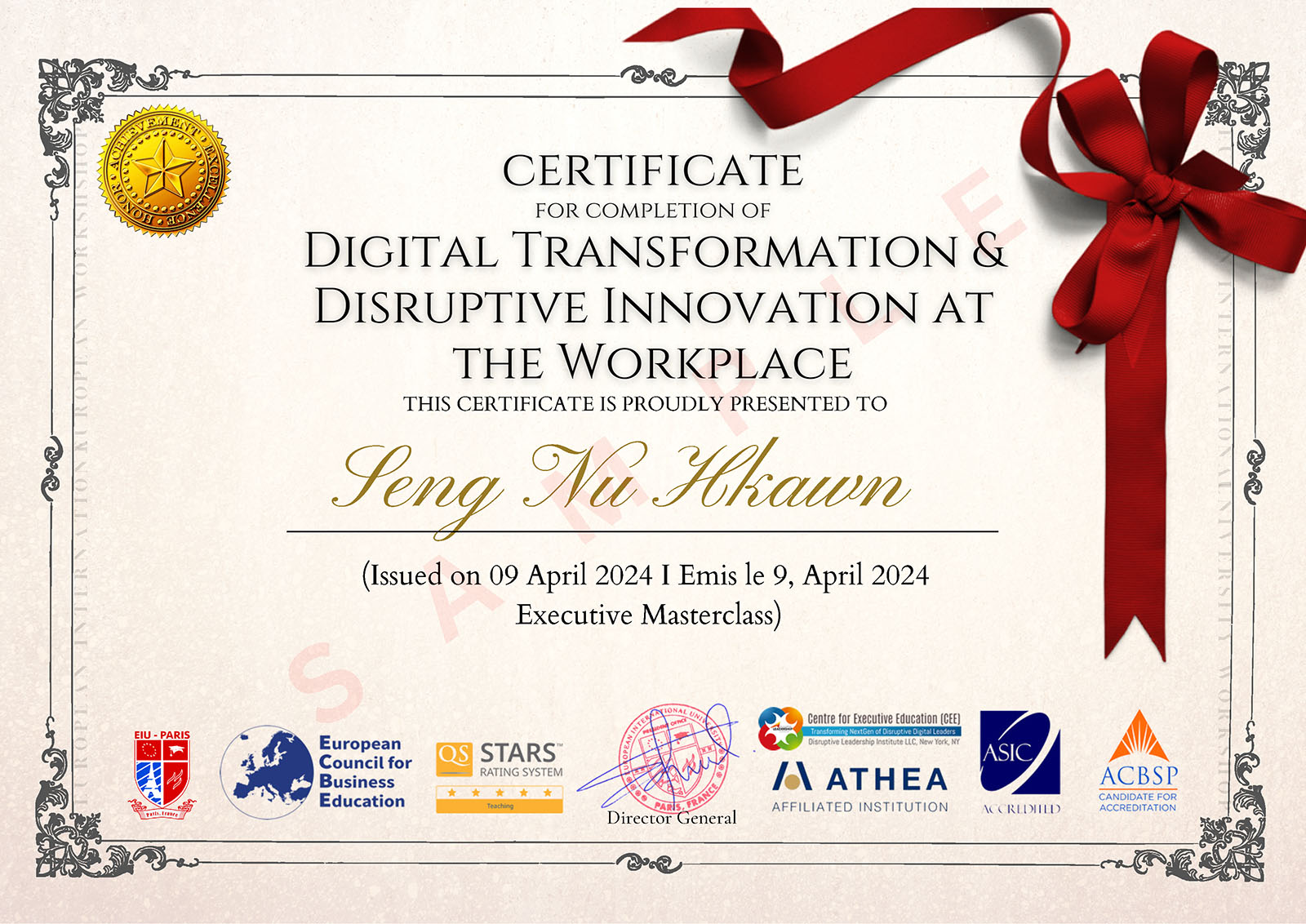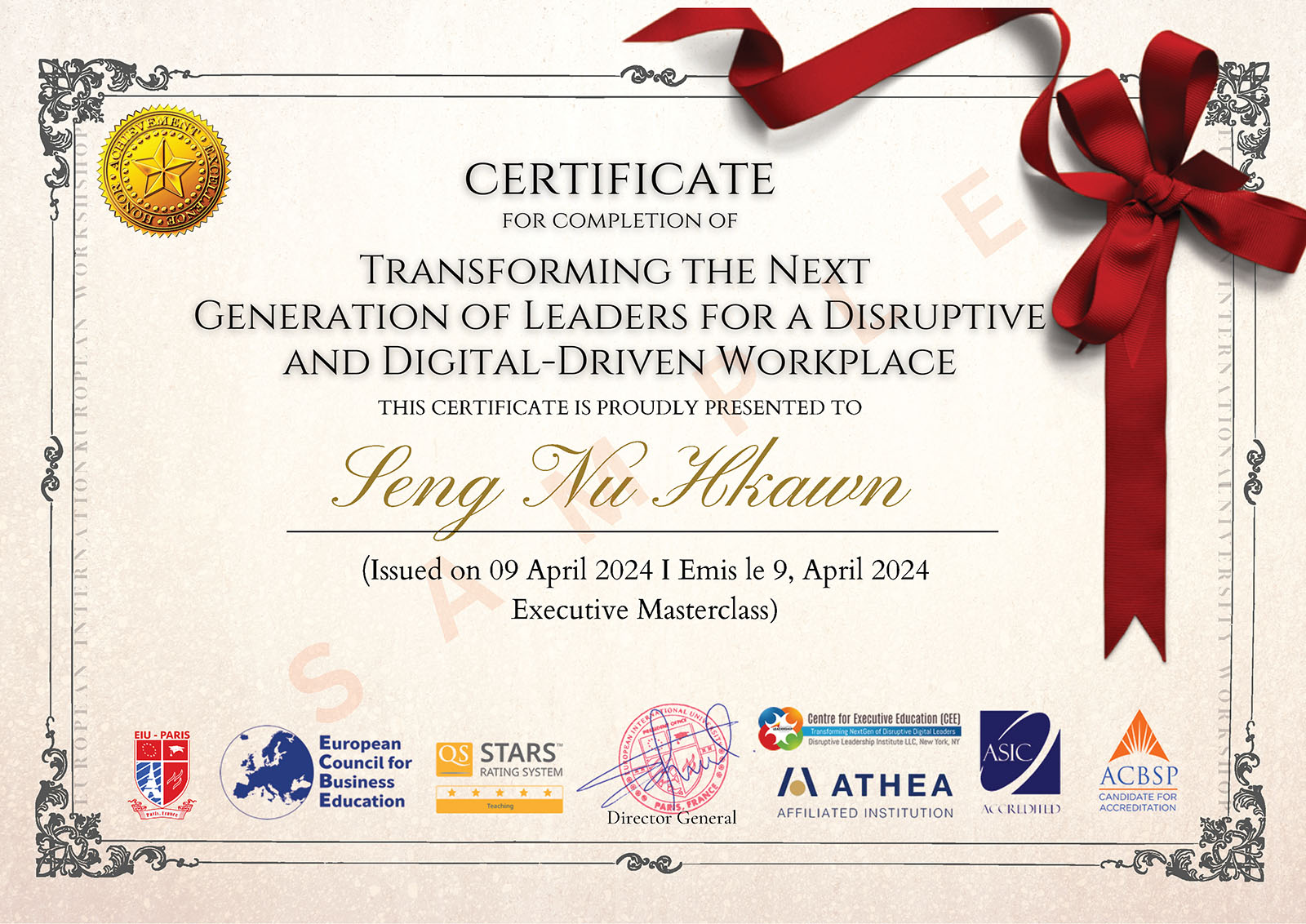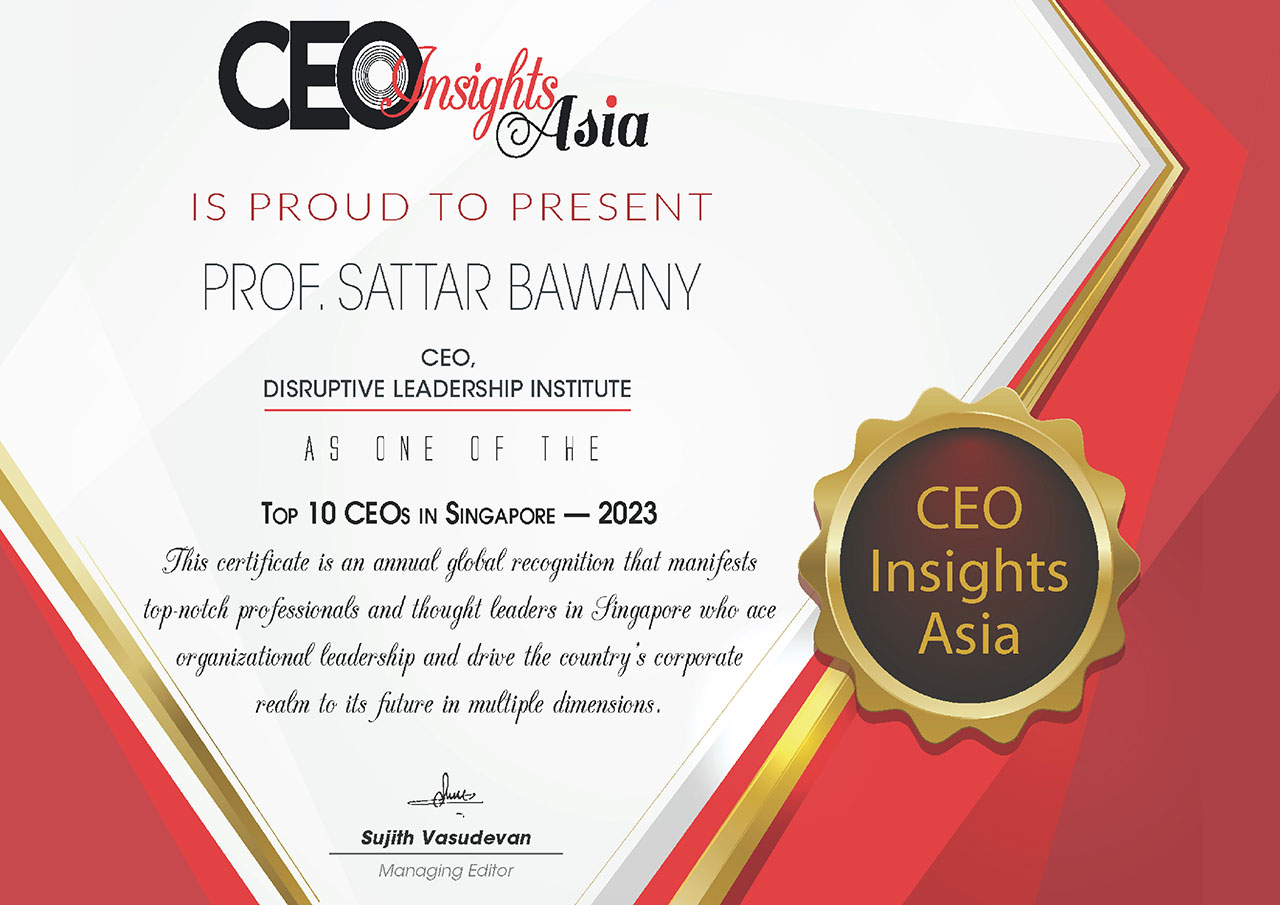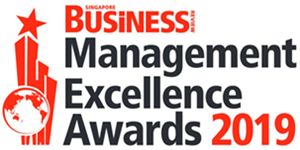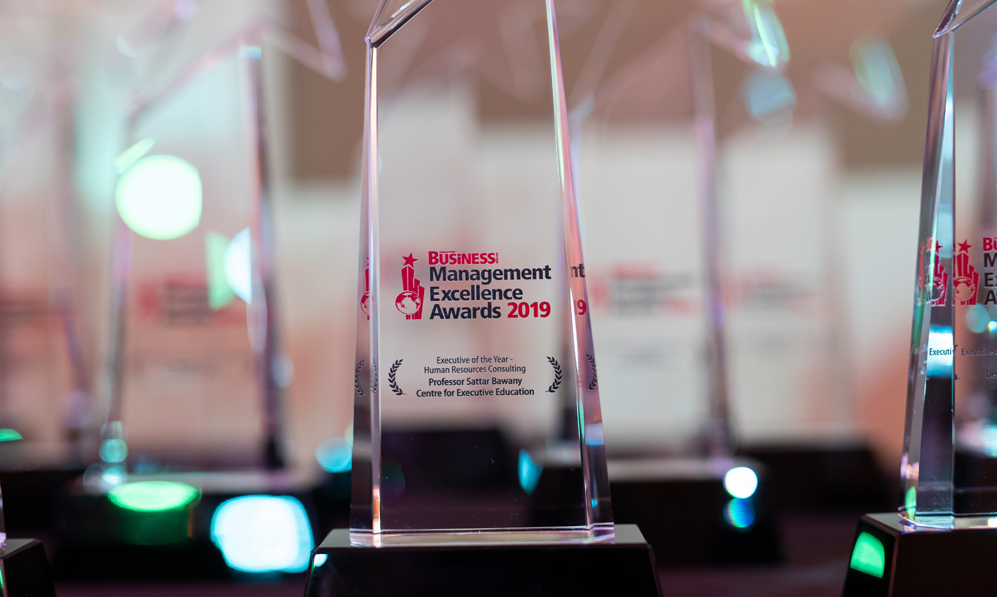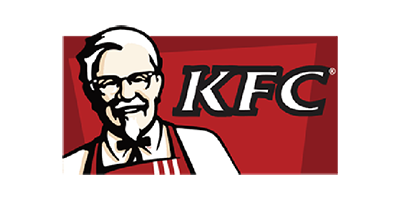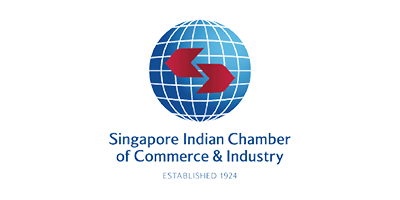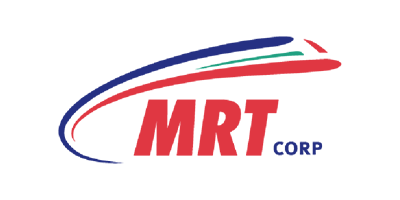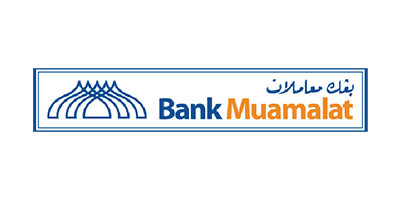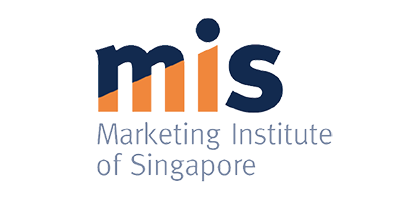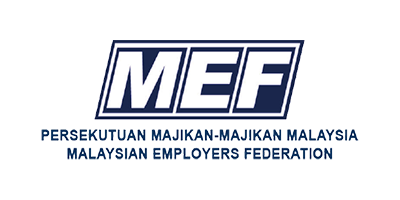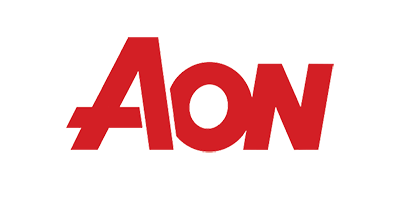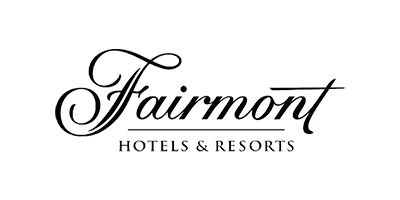We are pleased to announce the launch of the latest series of Executive Masterclass programs, made possible through collaboration between the European International University (EIU Paris) and Centre for Executive Education Pte. Ltd. (CEE). These innovative executive education programs are curated and designed by a team of instructional designers and curriculum architects from the Disruptive Leadership Institute (DLI).
These Executive Masterclass Series provide leaders with the relevant knowledge, skills, best practices tools, and approaches towards creating their digital transformation strategy and ensuring it is aligned with the business and growth plans of their organization. This is achieved by developing a suite of disruptive digital leadership competencies which include cognitive readiness, critical thinking, innovative thinking, agility, and resilience along with emotional and social intelligence skills such as empathy and relationship management.
Given the current disruptive, digital, and VUCA-centric business environment era of Industry 4.0, now, more than ever, leaders have to navigate unfamiliar, challenging times, a quickening pace of change, increasing expectations, and a rising tide of rapidly-evolving conditions. Against this backdrop, we have designed, developed, and successfully delivered in recent years, this series of leadership development programs that leverages best-in-class or thought-leadership concepts, tools, and techniques to drive organizational & leadership excellence.
The program is designed to provide CEOs, C-Suite Leaders as well as both current and upcoming functional leaders with a platform to develop from being ‘good to great’. It is specifically aimed at enhancing and developing the skills, knowledge, and behaviors of the participants. The participants will develop their understanding of leadership effectiveness and how it will lead to the creation of sustainable competitive advantage for their respective digital-driven organizations.


